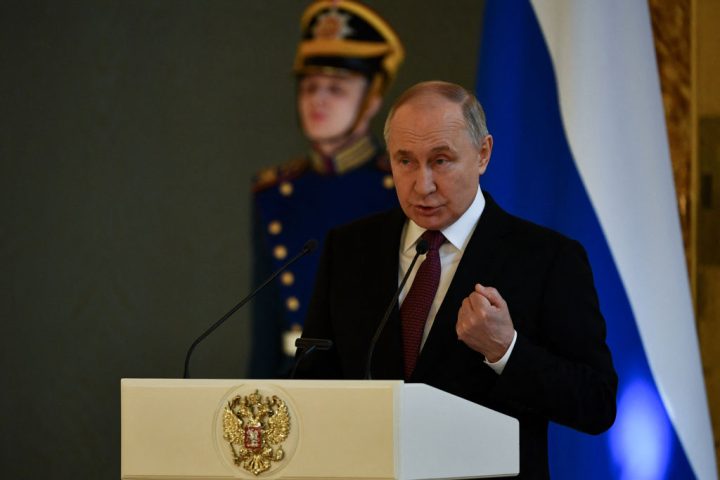In many ways, the recent presidential shenanigans in Russia, officially dignified with the word ‘elections’, have become a strange ritual. They’re both utterly predictable in terms of their result and, at the same time a source of anxiety for all concerned. Putin has been in power now for 25 years, and no elections under his rule have corresponded even minimally to internationally recognised standards.
Already a subscriber? Log in
Subscribe for just $2 a week
Try a month of The Spectator Australia absolutely free and without commitment. Not only that but – if you choose to continue – you’ll pay just $2 a week for your first year.
- Unlimited access to spectator.com.au and app
- The weekly edition on the Spectator Australia app
- Spectator podcasts and newsletters
- Full access to spectator.co.uk
Or




















Comments
Don't miss out
Join the conversation with other Spectator Australia readers. Subscribe to leave a comment.
SUBSCRIBEAlready a subscriber? Log in